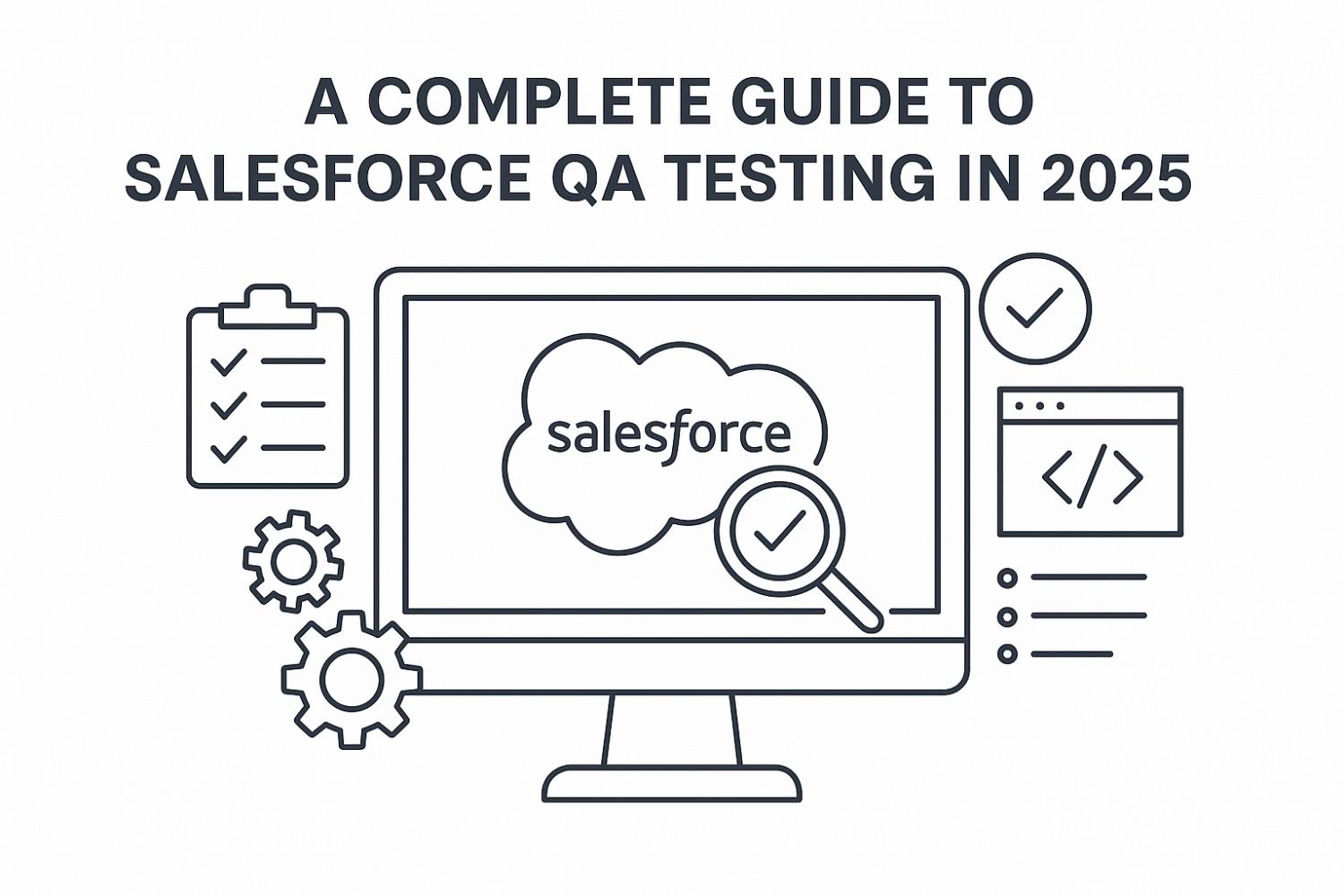How Acupuncture Addresses the Psychological Trauma of an Accident
The screech of tires, the jolt of impact, the sudden chaos—an accident is over in moments, but its effects can linger for months, even years. While the immediate focus is often on visible injuries like broken bones and bruises, the invisible wounds to the psyche can be far more persistent and debilitating. The psychological trauma following an accident—be it a car crash, a serious fall, or another sudden, violent event—can manifest as anxiety, fear, depression, and Post-Traumatic Stress Disorder (PTSD).
Conventional treatments like psychotherapy and medication are vital pillars of support. However, many are discovering a powerful ally in their healing journey: acupuncture. This ancient healing art offers a unique, body-based approach to calming the mind and nervous system. It’s a key component of a truly holistic approach to acupuncture for accident recovery, bridging the gap between physical pain and emotional distress.
The Invisible Scars: Understanding Post-Accident Trauma
An accident is more than just a physical event; it’s a profound shock to our nervous system. It shatters our sense of safety and control. The body’s natural “fight-or-flight” response, which is designed to help us survive immediate danger, can get stuck in the “on” position. This can lead to a range of psychological and emotional challenges:
- Post-Traumatic Stress Disorder (PTSD): This is a serious condition that can develop after a terrifying event. According to the National Center for PTSD, motor vehicle accidents are a leading cause of PTSD in the general population. Symptoms include intrusive memories or flashbacks, nightmares, severe anxiety, and avoidance of anything that reminds you of the event (like driving or even leaving the house).
- Anxiety and Panic Attacks: A constant state of hypervigilance, excessive worry, irritability, and a persistent fear that the event will happen again are common. This can escalate into sudden, overwhelming panic attacks.
- Depression: The aftermath of an accident can bring feelings of sadness, hopelessness, and a loss of interest in activities you once enjoyed. Sleep disturbances and changes in appetite are also common.
- Acute Stress Disorder (ASD): This condition involves symptoms similar to PTSD but occurs within the first month after the trauma. If left unaddressed, ASD can develop into PTSD.
These conditions aren’t just “in your head.” Trauma is stored in the body, creating a feedback loop where physical tension and a dysregulated nervous system fuel psychological distress, and vice versa. Effective acupuncture for accident recovery directly addresses this mind-body disconnect.
How Acupuncture Calms a Traumatized Nervous System
Acupuncture works by inserting ultra-thin, sterile needles into specific points on the body. From a Traditional Chinese Medicine (TCM) perspective, trauma violently disrupts the flow of Qi (vital life energy) and disturbs the Shen (our spirit or consciousness, which resides in the Heart). This disruption leads to the emotional chaos of anxiety and fear. Acupuncture aims to restore the smooth, harmonious flow of Qi, thereby calming the Shen and re-establishing internal balance.
Modern science provides a fascinating look into the neurobiological mechanisms behind these ancient principles:
1. It Switches Off the “Fight-or-Flight” Response
The core of post-accident trauma is a hyperactive sympathetic nervous system (the “fight-or-flight” response). Acupuncture has been shown to powerfully activate the parasympathetic nervous system, also known as the “rest-and-digest” system. By stimulating specific acupoints, it sends signals to the brain to decrease heart rate, lower blood pressure, and relax the muscles. This shift out of a constant state of high alert is fundamental to healing trauma.
2. It Rewires the Brain’s Fear Center
Functional MRI (fMRI) studies have shown that acupuncture can down-regulate activity in the amygdala, the brain’s primary fear and emotion-processing center. An overactive amygdala is a hallmark of PTSD and anxiety disorders. By calming the amygdala, acupuncture helps reduce the intensity of fear-based memories and emotional reactivity, allowing the rational part of the brain (the prefrontal cortex) to come back online. This is a cornerstone of how acupuncture for accident recovery works on a neurological level.
3. It Boosts “Feel-Good” Neurochemicals
Acupuncture prompts the body to release a cascade of beneficial neurochemicals. This includes:
- Endorphins: The body’s natural opioids, which reduce pain and induce a sense of well-being.
- Serotonin and Dopamine: Key neurotransmitters that regulate mood, sleep, and motivation. Deficiencies in these are linked to depression and anxiety.
By naturally boosting these chemicals, acupuncture helps lift the fog of depression and eases the pervasive sense of dread that often follows a traumatic event.
The Acupuncture Session: Creating a Safe Space for Healing
If you’re considering acupuncture for accident recovery, you might be wondering what a session entails. The experience is designed to be gentle, safe, and profoundly relaxing.
Your journey begins with a detailed consultation. Your acupuncturist will listen with compassion as you share not just your physical symptoms but also the emotional and psychological impact of the accident. This intake is crucial for creating a personalized treatment plan.
During the treatment, you’ll lie comfortably in a quiet, peaceful room. The acupuncturist will insert the fine needles into points chosen to calm your nervous system and address your specific symptoms. Some powerful points for emotional trauma include:
- Yintang (Hall of Impression): Located between the eyebrows, this point is famous for its ability to calm the mind and ease anxiety.
- Heart 7 (Shen Men or “Spirit Gate”): Found on the wrist, this is a primary point for calming an agitated spirit, treating insomnia, and reducing anxiety.
- Pericardium 6 (Nei Guan or “Inner Gate”): Also on the wrist, this point helps relieve anxiety, palpitations, and even the nausea associated with stress.
- Auricular (Ear) Acupuncture: The ear is a microsystem of the entire body. The NADA protocol, which uses five specific points in the ear, is renowned for its effectiveness in treating trauma, PTSD, and addiction.
Once the needles are in place, you simply rest for 20-40 minutes. Most people report entering a state of deep relaxation or even falling asleep. This peaceful state is where the body and mind can finally begin to process and release the stored trauma. The cumulative effect of regular sessions provides the nervous system with a new baseline of safety and calm.
Integrating Acupuncture into Your Recovery Plan
It’s important to view acupuncture for accident recovery as part of a comprehensive healing strategy. It works beautifully alongside, and can even enhance, other essential therapies.
- With Psychotherapy: Therapies like Cognitive Behavioral Therapy (CBT) or Eye Movement Desensitization and Reprocessing (EMDR) are crucial for processing traumatic memories. Acupuncture can make this work easier by helping you feel more grounded and less emotionally reactive, allowing you to engage more deeply and safely in your therapy sessions.
- With Physical Therapy: By reducing pain, inflammation, and muscle tension, acupuncture can help you get more out of your physical rehabilitation, speeding up your physical recovery.
When seeking treatment, it’s vital to find a licensed and experienced practitioner. If you are in New Town, West Bengal, look for an acupuncturist who has experience in treating emotional trauma and PTSD. A compassionate practitioner who creates a safe, non-judgmental space is essential for this deeply personal healing work.
Your Path to Wholeness
Recovering from the psychological trauma of an accident is a journey, not a destination. It requires patience, compassion for yourself, and a multi-faceted approach to healing. By directly engaging the nervous system and facilitating the release of stored trauma from the body, acupuncture for accident recovery offers a profound pathway to reclaiming your sense of peace and safety. It honors the deep connection between mind and body, helping you to heal the invisible wounds and move forward with renewed strength and resilience.





